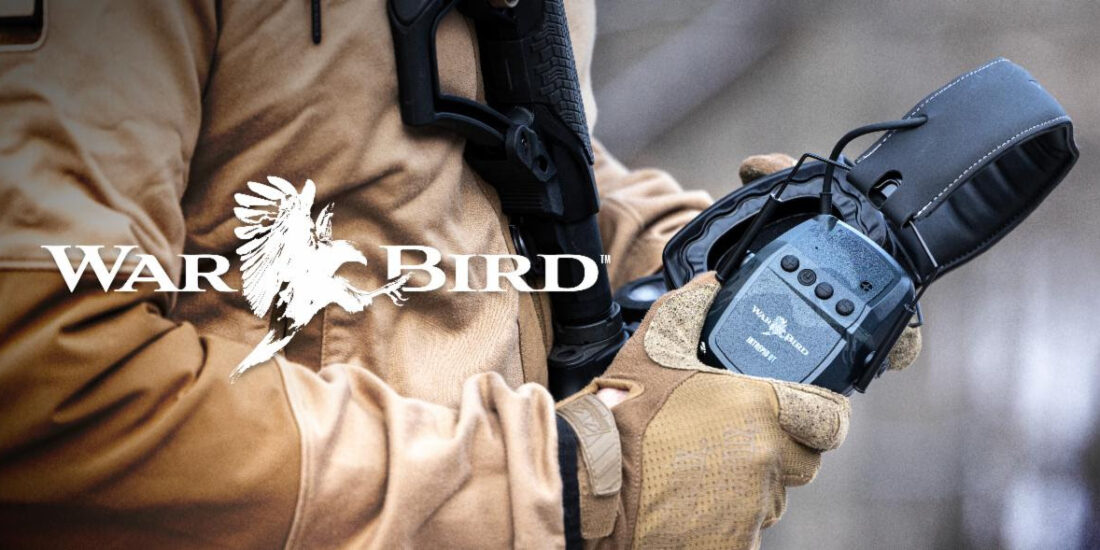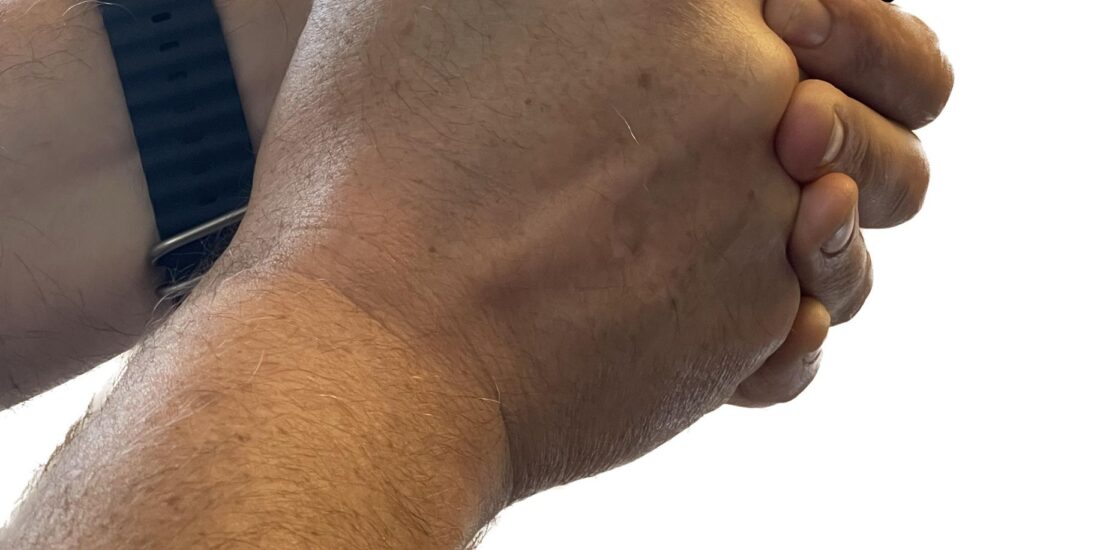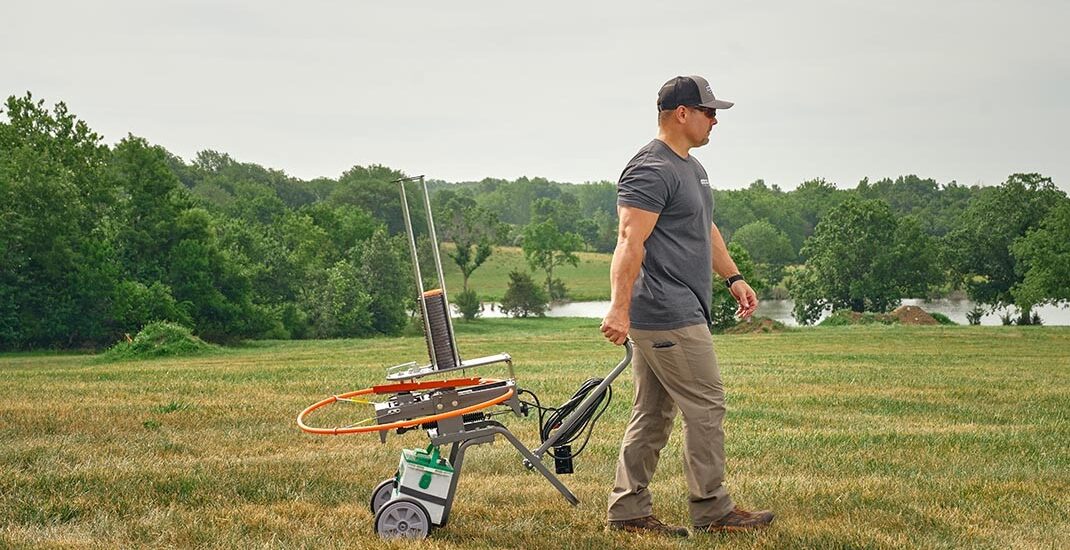Make a Good Instructor Better: Remedial Training & Coaching Specialist Class
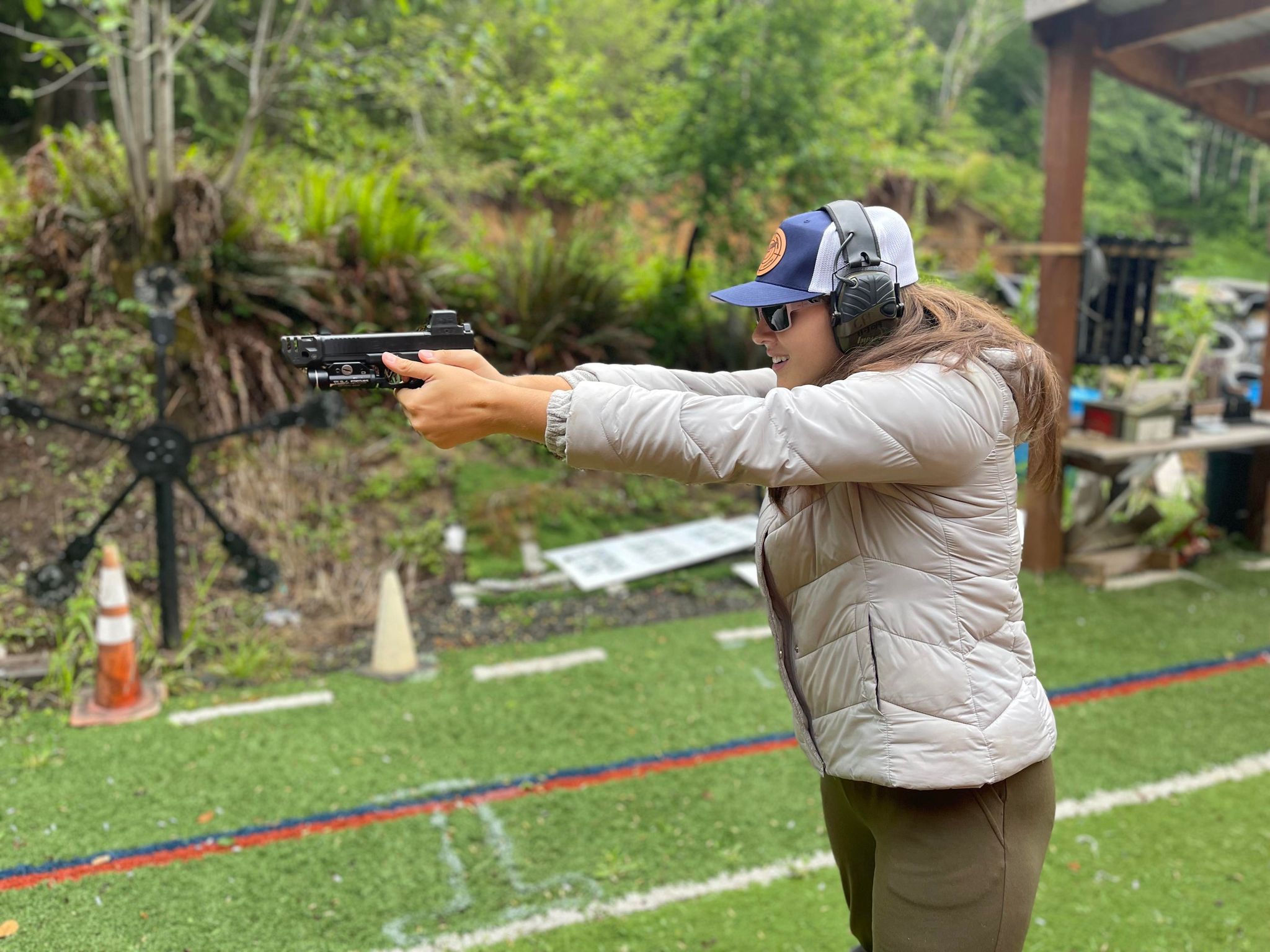
NLEFIA’s new Remedial Training & Coaching Specialist class takes current Law Enforcement Firearms Instructors to a new level of skill in coaching struggling shooters in critical marksmanship and practical shooting skills. Coaching new shooters and keeping serving officers sharp is an on-going challenge for firearms instructors. Most firearms instructor certification courses only spend a few hours on shooting diagnostics and how to work with struggling shooters. This class provides a critical component of Police use of force training.
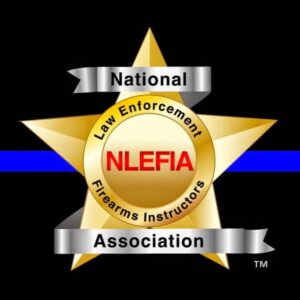 I was able to attend a Remedial Training & Coaching Specialist class conducted at Willapa Firearms Training in Raymond, Washington. I was not expecting the extreme challenge of this class. We spent the first morning in the classroom with an in-depth review of marksmanship and practical shooting. This laid the foundation for what was to come. There was a heavy dose of coaching techniques and best practices. We then covered dry fire techniques to diagnose issues and drills which can be conducted off of the range. Spoiler alert: stance, grip and trigger manipulation are key but anticipation of recoil is the biggest problem in shooting.
I was able to attend a Remedial Training & Coaching Specialist class conducted at Willapa Firearms Training in Raymond, Washington. I was not expecting the extreme challenge of this class. We spent the first morning in the classroom with an in-depth review of marksmanship and practical shooting. This laid the foundation for what was to come. There was a heavy dose of coaching techniques and best practices. We then covered dry fire techniques to diagnose issues and drills which can be conducted off of the range. Spoiler alert: stance, grip and trigger manipulation are key but anticipation of recoil is the biggest problem in shooting.
After lunch we headed to the range. The afternoon stared with a modified NLEFIA handgun qualification. This qual was shot completely with the gun in the non-dominant hand. I knew this was coming, but I was not prepared for how hard this simple 20 round course would be. I have trained with my non-dominant hand quite a bit but not that much using my dominant hand as a support hand firing with my non-dominant hand. I was humbled and instantly became a struggling shooter who could not pass a simple handgun qualification. Empathy mode enabled.
We split into shooter / coach teams. With a new attitude, we worked through a number of demonstrations which revealed some shooting truths about grip, stance, trigger manipulations and vision. Because we are learning to teach this, we were required to perform all these demonstrations ourselves. We were allowed to shoot these with our dominant hand.
The zero confirmation drill came next checking the shooters accuracy, sights and fit with each hand. The shooter fired with the coach’s hand on the movement of the shooter’s forearm feeling the movement of ligaments and tendons looking for smooth press with out squeezing the grip. The coach the places his hand over the shooters trigger finger and fires a group. This exercise detects equipment problems while revealing anticipation issues.
The class went into detail about vision issues. Many shooters have undetected vision problems which cannot be directly observed by the instructor using traditional methods. The most revolutionary part of the class were techniques to identify and correct these vision issues.
Shooting with the non-dominant hand makes most people cross dominant. This allowed students to experience cross dominance and apply the techniques taught to adapt. We all came away with a deeper understanding of coaching vision issues.
We moved on to a series of drills which can be targeted to specific shooting problems. The idea is to have a mental library of drills to use in a tailored coaching session to address individual issues. It consisted of every coaching drill I have ever seen and a few new ones like the Balance of Speed and Precision drill. The day ended with precision work at 25 yards…two handed but with the non-dominant hand griping and puling the trigger.
Day two started on the range shooting practical shooting drills, still with the non-dominant hand. As shooter / coach teams, we worked on speed, multiple shots and one handed shooting. Most of us struggled pulling the trigger fast, but the drills built skills. The TPC three stripe Rhythm Drill was particularly helpful for me.
The culmination was another modified NLEFIA qualification run by the coaches. After two days, we had progressed from struggling shooters to passing or very nearly passing the qualification. The issue for the failures was usually time. The empathy and understanding of a struggling shooter’s mind set was the real value of the class. At the end, every shooter felt like the could pass the qualification with their non-dominant hand, even if they needed a little more practice.
The coaching skills I gained have made confident that can coach struggling shooters to pass. The shooting skills have improved my performance and inspired me to train more. The class was everything I hoped and even more than was promised.
The National Law Enforcement Firearms Instructors Association is a membership-based association that provides basic certifications, advanced certifications, continuing education & training, information sharing, and networking capabilities for professional firearms instructors in law enforcement, military, security industry, and private sector.
This 2-day instructor development course is designed to teach firearms instructors how to diagnose issues and correct performance for struggling shooters. Instructors are taught an algorithm to identify problem areas and shown drills and techniques to develop the skills necessary to successfully complete Law Enforcement handgun qualification. Vision issues, neurological challenges and motor skills are explained and practical solutions are provided. Coach/shooter methodology and support hand shooting are used as teaching methods to challenge instructors and teach empathy. If your agency has a remedial training program (and it should) for struggling shooters who repeatedly fail the qualification, this course could help revise your remedial program and help improve the instructors who teach the program.
Course Topics:
- Understand marksmanship fundamentals in detail
- Understand the skills needed for practical shooting
- Diagnosing shooting issues
- Provide targeted coaching
- Apply coaching techniques on the range
- Understand vision and neurological issues
- Select appropriate drills for specific shooter deficits
- Develop support hand shooting skills to demonstrate skills with either hand
You can join NLEFIA and sign up for classes at NLEFIA.org
Upcoming Classes:
- , 2024
- Kingfisher, OK April 22-23, 2024
- Carrollton, GA April 29-30, 2024
- La Junta, CO May 9-10, 2024
- Allison Park, PA August 21-22, 2024
- Kingfisher, OK September 17-19, 2024
The cost of the class is $400 and students must be NLEFIA members.
Agencies who host classes get two free seats in the class and cut travel costs.
Hosting Requirements:
- Classroom (for 16-20 people) with projector and screen or monitor
- A 25 yard range, 8 lanes wide minimum
- At least eight (8) portable target stands
- Traffic / sport cones (8-10)
- Steel targets (optional)
Organizations interested in hosting a course should contact NLEFIA at training@nlefia.org.




